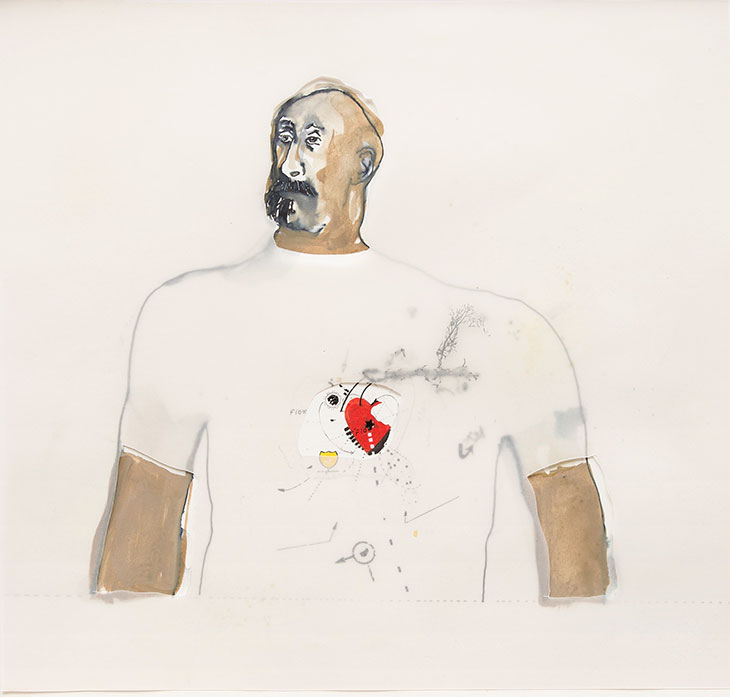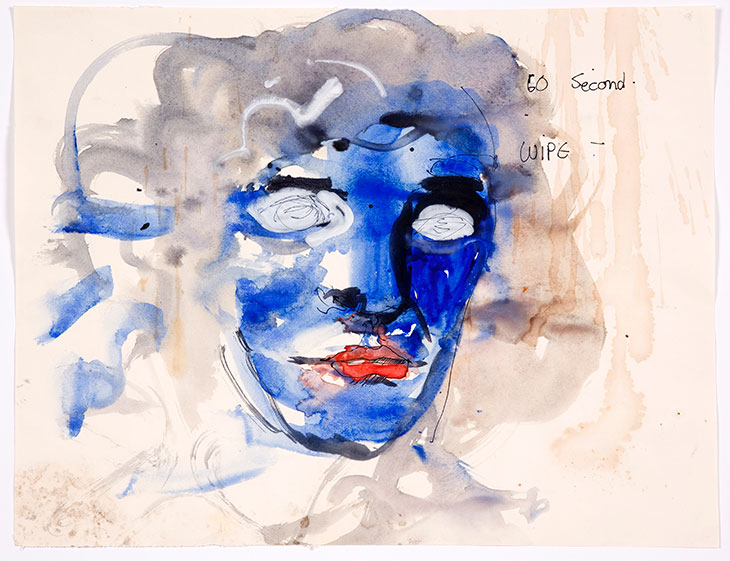Since the 1960s, Lynn Hershman Leeson has been thinking about the relationship between humans and machines. Often this has involved the pioneering use of new media – in the 1980s, she was the first artist to use videodiscs and touch-screen interfaces; more recently, she has experimented with AI, biotechnology and genetic engineering. Earlier this year the New Museum in New York staged the first solo institutional exhibition dedicated to her work. Hershman Leeson’s drawings from the 1960s and ’70s, as well as an algorithmic work from 2001, go on view in London later this month, part of the group show ‘Code of Arms’ at Gazelli Art House.
Where is your studio?
Outside of my kitchen, but I have a larger space for storage where I meet people.
What do you like most about the space?
I like working at home with no one around. It’s quiet.
What frustrates you about it?
Not spending enough time there.
Do you work alone?
Almost always, but I work with assistants and programmers – I meet them at my storage space.

Cyborg (1968), Lynn Hershman Leeson
How messy is your studio?
When I’m in the middle of a show I can barely walk through it, but normally I like it organised.
What does it smell like?
Flowers.
What’s the weirdest object in there?
A wax head with green hair [a Breathing Machine sculpture from the mid 1960s]. But there are a lot of weird things.
Which artistic tool could you least do without?
A computer.

60 Second Wipe (1968), Lynn Hershman Leeson
What’s the most well-thumbed book in your studio?
Ah, probably a James Baldwin book: Giovanni’s Room [1956].
Do you cook in the studio – and what’s your typical studio lunch?
Yes. A salad, or something simple or left over.
What do you listen to while you’re working?
Computer hums (I have seven).
What do you usually wear while you’re working?
Lounge pants and a loose shirt.
Do you ever sleep in your studio?
Yes, when I’m in the middle of a project or editing.
Is anything (or anyone) banned?
Most people.
‘Code of Arms’ is at Gazelli Art House, London, from 18 November–15 January 2022.














![Masterpiece [Re]discovery 2022. Photo: Ben Fisher Photography, courtesy of Masterpiece London](http://zephr.apollo-magazine.com/wp-content/uploads/2022/07/MPL2022_4263.jpg)
‘Like landscape, his objects seem to breathe’: Gordon Baldwin (1932–2025)